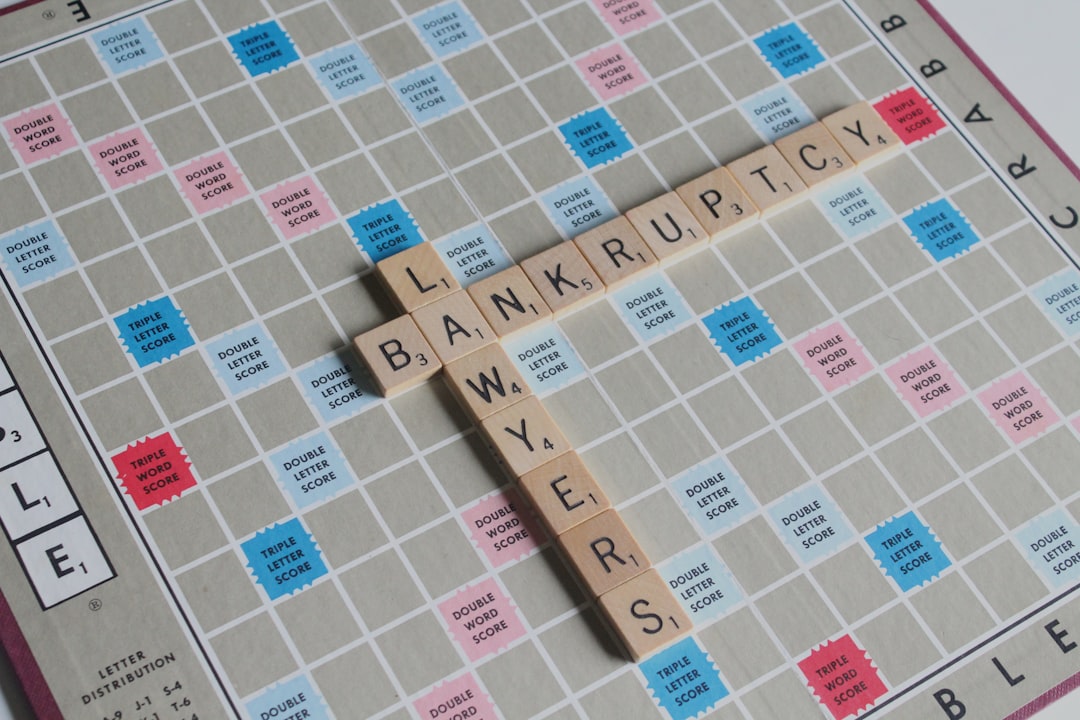Discovering The Truth About

This is a Michigan bankruptcy law overview that will help you understand the several aspects that you need to consider before you can file for bankruptcy in this state. In the article you’ll come across the main purposes of bankruptcy, comparison and contrast of Chapter 7 and chapter 13 of the bankruptcy laws of Michigan, the ability for bankruptcy, how bankruptcy will help you in the short run, the significance of discharge and it’s the extent of application within Michigan and finally how much it will cost you to file for bankruptcy in Michigan.
Filing for bankruptcy will help you give creditors some payment on their debt and give you an opportunity for a fresh start since it cancels many of the debts using a court order that is called discharge. Bankruptcy is of two types as values to individuals by the Michigan state. First, it is provided by Chapter 7 which is a case of liquidation Style available to businesses and individuals. The second major type is provided by chapter 13 for individuals who have a regular source of income so that they develop a payment plan and a case of rehabilitation Style.
Consequently, it suffices to conclude that bankruptcy is at 3 ended tool whereby it is of benefit to your creditors by providing some possible payments, it’s a relief to you or your business by offering you a discharge, and brings in a third-party trustee who helps in supervision. Once you file for bankruptcy you will surrender some of your property so that you receive the relief of discharge of most of your debts. It is the responsibility of the trustee to sell and surrender the Returns of your properties to repair the debts that you have. This is as per Chapter 7 of the bankruptcy loll. Hospital chapter 13 you simply keep all your property by then you commit yourself tour payment plan than last between three to five years. According to the plan you receive a discharge of most of the deaths that are not paid for in the plan.
Once you have filed your case both as per Chapter 7 and 13 it is a requirement by law that your creditors stop all the effort of collecting their debts. This is a protection that is called in Legal terms automatic stay. However for all your secured properties such as your car or home this automatic stay is a temporary measure because you must fail for such that provide the creditor asking the court to lift the automatic stay.
The one big difference between Chapter 7 and 13 is the fact that under Chapter 7 you have to liquidate most of your properties to repay the debt while chapter 13 provides you with alleyway of repaying your debts from your stable source of income but protects you with an automatic state from your creditors’ collection of their debt which may cause a run on your finances and Resources, an instance that could have serious repercussions on your cash flow.